Federal election 2022: Labor backtracks on minimum wage rise
Labor has refused to commit to formally asking the industrial umpire to grant a 5.1 per cent pay rise for low-paid workers, one day after Anthony Albanese backed the increase.
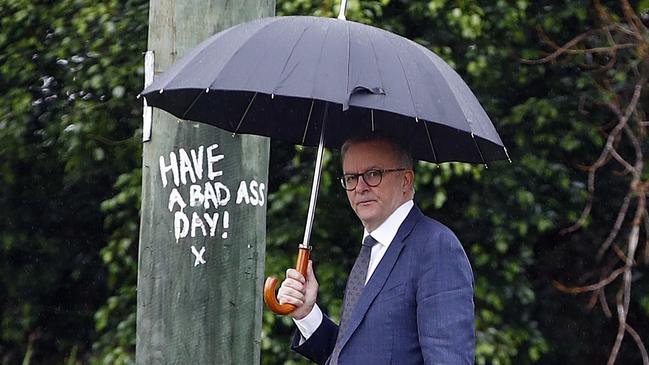
Labor has refused to commit to formally asking the industrial umpire to grant a 5.1 per cent pay rise for the nation’s lowest paid workers, one day after Anthony Albanese said he supported the increase, as employers warned it would drive up inflation and interest rates.
Scott Morrison on Wednesday branded the Labor leader a “loose unit on the economy” and warned that a 5.1 per cent increase in the minimum wage was the equivalent of “throwing fuel on the fire of rising interest rates and rising costs of living”.
“It would only make the problem worse,” the Prime Minister said. “It would threaten the strong growth we’ve had in employment and ultimately it would force small businesses potentially out of business altogether.”
Mr Albanese’s comment on Tuesday that he would “absolutely” support a minimum wage increase of 5.1 per cent to keep pace with inflation, ignited attacks from business groups, which declared such an increase was unsustainable and warnings from economists that it could push up inflation and force interest rates higher.
Mr Albanese reiterated his support on Wednesday for the increase but would not say if a Labor government would nominate that figure in a post-election submission to the Fair Work Commission. He said workers on the minimum wage were paid $20.33 an hour and he was advocating they be paid an extra $1 an hour.
“I think (the) Fair Work Commission (is) probably clear about what our view is on those issues,” Mr Albanese said.
Labor Treasury spokesman Jim Chalmers said the mechanics of how a Labor government would articulate its support for a 5.1 per cent rise to the commission had yet to be determined and would be a matter for Mr Albanese, industrial relations spokesman Tony Burke and himself to determine.
“We have already made the case that Australia’s low-paid workers shouldn’t be going backwards,” Dr Chalmers told ABC TV.
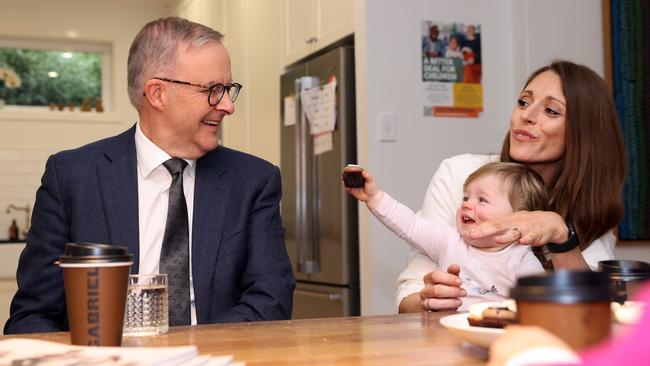
“Whether that’s in a formal submission or not, our view is already incredibly clear not just to the commission but to the Australian community. There’s a very clear choice here: Labor (and) Anthony Albanese want low-wage workers to keep up with the cost of living; Scott Morrison does not. He’s got all the excuses in the world for real wage cuts but he’s got no plans for real wage growth.”
The Australian understands Labor intends at this stage to announce further details of its proposed submission to the industrial umpire next week.
Dr Chalmers said the Prime Minister was desperate and “unhinged”, seeking to distract from the cost-of-living crisis.
Mr Morrison said Mr Albanese was playing Australians “for a mug” and “taking them for a ride” if he thought they would believe his claims there was no link between wage hikes and higher interest rates.
He would not be drawn on what an appropriate minimum wage increase would be, saying that allowing the commission to determine the rise independently was wise and it should not be subjected to political pressures.
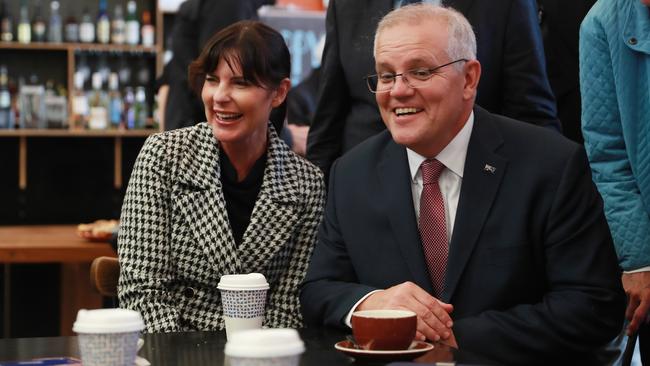
In a new submission to the commission, the Australian Retailers Association backed a 3.2 per cent minimum wage increase, equivalent to a $24.70 a week rise, or 65 cents an hour.
ARA chief executive Paul Zahra said the increase should be in line with underlying inflation while taking into account the next 0.5 per cent superannuation increase.
“Any increase in wages that exceeds this baseline would be unsustainable, particularly for those retailers with limited financial reserves after two years of continuous disruption due to Covid-19, supply chain issues and natural disasters,” he said.
The amount is higher than the 3 per cent advocated by the Australian Chamber of Commerce and Industry and the 2.5 per cent proposed by the Australian Industry Group. The ACTU is seeking a 5.5 per cent rise.
Ai Group chief executive Innes Willox said a 5.1 per cent increase would be “incredibly economically destructive”, costing jobs and driving up prices and interest rates.
ACTU secretary Sally McManus said Mr Morrison claimed it was not appropriate for the government to argue for or against an increase in the annual wage review, but its submission this year made a “persistent argument against real wage rises for low-paid workers”.
“Scott Morrison is telling working people that what happens to their wages isn’t up to him, but in the Fair Work Commission he’s arguing furiously for real wage cuts,” Ms McManus said.
RBA governor Philip Lowe has argued that driving wages growth up, to at least 3 per cent, was a prerequisite for getting inflation sustainably back up into its 2 to 3 per cent target range.
It is possible the central bank has already factored in a big minimum wage decision into its forecasts for the wage price index – the primary measure of pay when it comes to assessing inflation.
Wages growth averaged 3.7 per cent over the first decade of this century, but has been on a steady decline since, averaging only 2.7 per cent between 2010 and the end of 2019. Pay freezes during the pandemic also pushed wage rises down to their lowest in history, at 1.4 per cent, and the most recent figure – 2.3 per cent in the year to December – remains paltry.
The last time real wages went backwards was the last time inflation was as strong as it is now: at the turn of the century when the Howard government introduced the GST.
ADDITIONAL REPORTING: PATRICK COMMINS


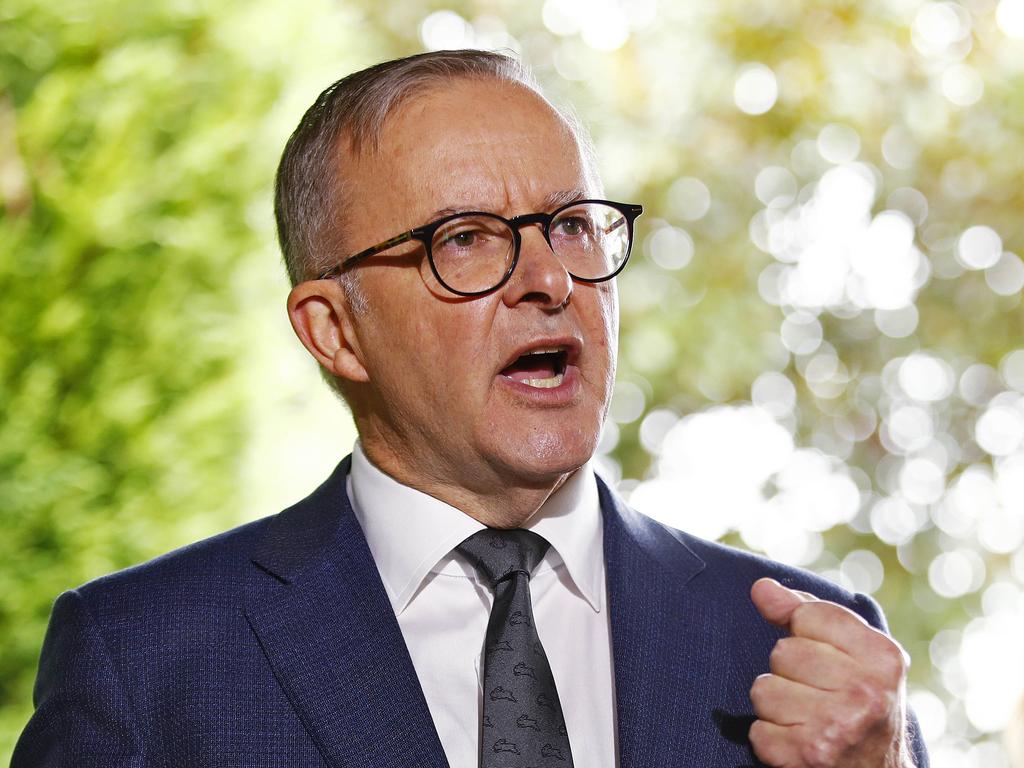
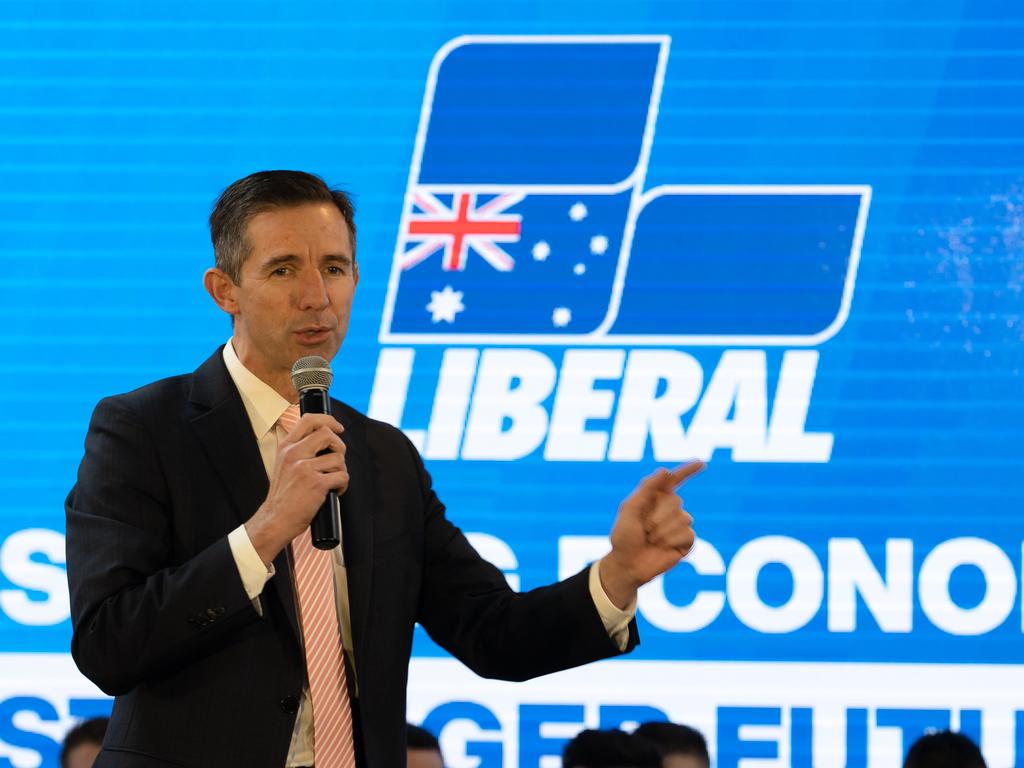
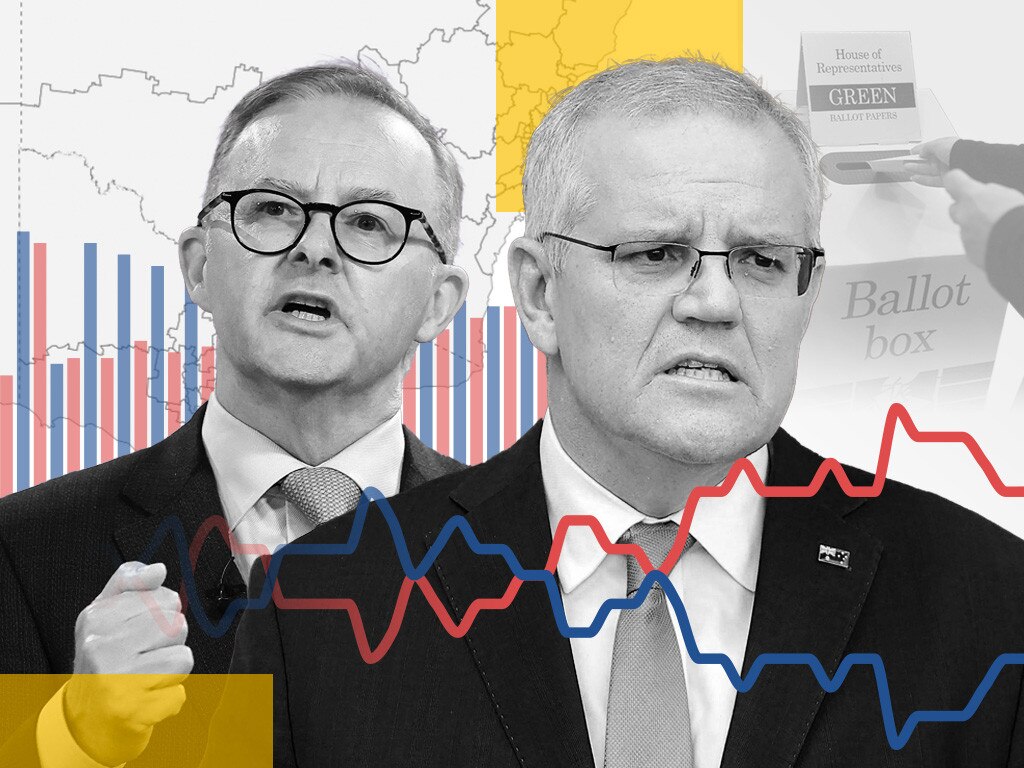


To join the conversation, please log in. Don't have an account? Register
Join the conversation, you are commenting as Logout